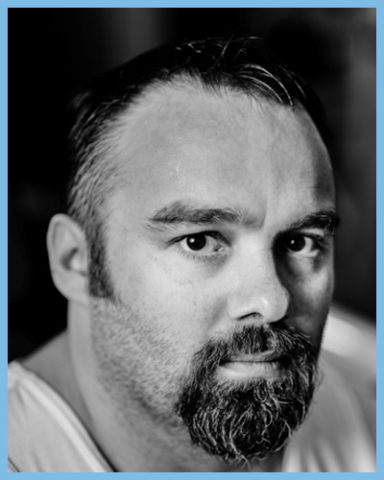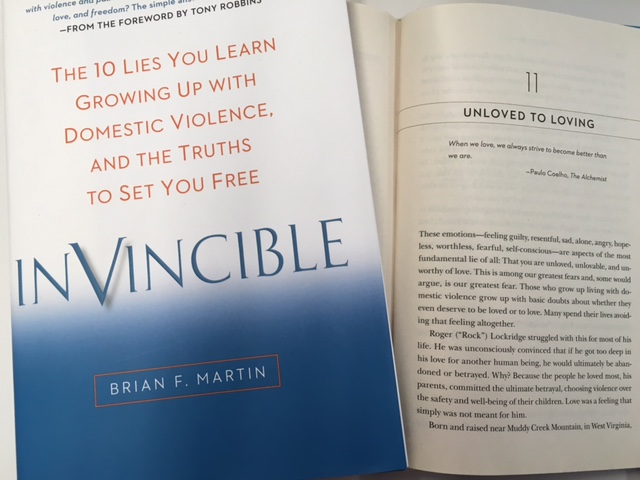 |
In 2014, my story was featured in the UNLOVED to LOVING Chapter (Chapter 11) of the Bestseller INVINCIBLE. Since then, my life has undergone significant changes and continues to evolve, most notably in my journey to unlearn the “UNLOVED” lie and replace it with the loving truth. (For more about my story and my journey to overcome the LIES, you can view this video.) |
Years of Growth From CDV
In the months and years that have passed since the release of INVINCIBLE, I have experienced much growth and improvement. This has been evident not only in my professional role as a child advocate and speaker, but also in my personal life as a husband and father. When I don’t think I could love my wife and son more than I do, I wake up the next day to realize that I can and do. My motivation every day is to ensure their lives are better than mine was as a child, and that our family is living a better life, not despite it, but because of it.
| My love for my parents is stronger, even with them no longer being with us, now that I better understand their struggles and the blessings and gifts that I have gained not despite of but because of my CDV experience, plus the knowledge I have absorbed thanks to the work of everyone at CDVA. |  |
Last but not least, I go into Valentine’s Day this year with a stronger love for myself. It is a never-ending blessing to no longer beat myself up and suffer the lack of confidence and esteem because I would constantly blame myself for what happened over 25 years ago. I now understand the value I hold and have a stronger sense of my worth because of what I overcame. Loving oneself is so important for being able to give love to others.
I hope you will also learn more valuable lessons about love, in all its aspects, this Valentine’s Day, and be able to both show and receive that love from those you care for. It is so rewarding.
What Feeling “Unloved” Means for People from Violent Homes
If you grew up in a home where yelling, tension, or physical violence were common, you may have learned early to question whether you were truly cared for. Even if no one ever said you were unwanted, the emotional tone of your home may have made you feel invisible, unsafe, or like you were a problem.
For many people, this becomes a deep, private conviction: I was not loved the way I needed to be loved. That message often doesn’t fade with time. It lingers. It manifests in how you perceive yourself, how you interact with others, and how you respond to love now.
This feeling might mean:
-
You expect rejection, even in safe relationships
-
You don’t feel worthy of care unless you’re doing something to earn it
-
You fear being a burden when expressing needs or emotions
-
You carry a constant undercurrent of sadness, even when life seems fine
-
You replay moments from your childhood, wondering what you did wrong
This isn’t just about one bad experience. It’s about growing up in an environment where love was unpredictable, conditional, or overshadowed by fear. Feeling unloved in childhood doesn’t mean you were unlovable. It means your environment failed to provide what you needed, and that belief can be unlearned.

